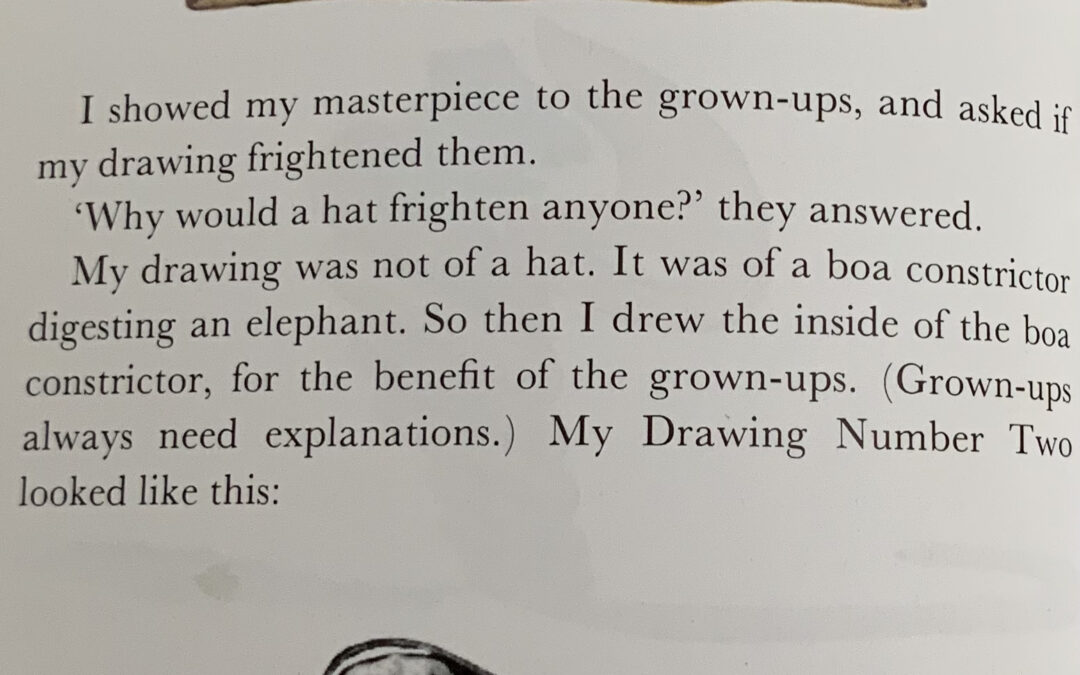Rethinking Decision-Making Through Awareness and Ownership
Is There Such a Thing as “Making the Right Decision”?
We make decisions every day.
Some are small—What should I wear today? Others carry more weight—Should I leave my job? Do I really want to stay in this relationship?
And sometimes, we’re caught in that all-too-familiar loop of indecision:
Should I stay, or should I go?
Whether you’re navigating your career, a relationship, or life as an expat, the question of staying or leaving can feel overwhelming. And even after you’ve made the choice, your mind may wander back to that uncomfortable space of What if…?
Does that sound familiar?
Let Go of “What If”
Here’s something I’ve learned:
Once you’ve made a decision, continuing to second-guess it no longer serves you.
There is no “perfect” choice.
There is no “right” or “wrong.”
There is only your decision, based on your values, beliefs, and personal truth.
When your choice is aligned with your authentic self—and when you’re willing to take full ownership of it—that decision is valid. That decision is enough.
What’s not helpful is imagining what could’ve happened if you’d chosen differently. Because the truth is, we never really know.
Decision-Making Is a Two-Step Process
Here’s how I see it:
- Choose.
- Commit and move forward.
Simple? Yes.
Easy? Not always.
The consequences may or may not go as expected, but you always have the power to decide how to respond. You can’t control the outcome, but you can control how you show up in it.
Ask the Right Question
Before making any big decision, ask yourself this:
“Am I making this decision for the right reasons?”
That question changes everything.
Because there’s no such thing as a universally right decision—only right or wrong motivations behind it.
Too often, we assume that leaving will solve our problems. That distance will offer clarity. That a new job, a new country, or a new relationship will fix what feels broken.
But unresolved emotions, patterns, and beliefs tend to follow us.
The Lesson of the Suitcase
I once spoke with a director about wanting to relocate for a new position. He responded with something that stuck with me:
“I support your decision—as long as you’re not running away. Leave for the right reasons.”
I’ve carried those words with me ever since.
Because the truth is, every issue you avoid becomes a burden.
Every conflict you don’t address adds weight to your suitcase.
Eventually, that suitcase becomes too heavy to carry.
You Can Leave—But Do the Work First
You might wonder: If I solve my problems, why would I still leave?
Because you want to.
Because you choose to.
Not because you’re escaping discomfort or hoping it’ll be easier somewhere else.
Move forward from a place of clarity, not avoidance.
Don’t hide behind frustrations with your team, assumptions about the culture, or unmet expectations. Instead, ask yourself:
- Am I misinterpreting the situation due to cultural differences?
- Are my biases or beliefs influencing my experience?
- Have I truly tried to understand and address what’s happening?
If you leave without confronting what needs attention, you’ll likely find the same challenges repeating elsewhere.
Growth Over Escape
Working through difficulties where you are won’t guarantee perfection, but it will give you a new lens.
You may even choose to leave not to run—but to learn. To grow. To step into something that aligns more fully with who you are becoming.
And that is powerful.
In the End, Freedom Lies in Responsibility
Filling your life (and your emotional suitcase) with unresolved issues only makes each step heavier.
Fix the problem first.
Face it with courage.
Be honest with yourself, and take ownership of your growth.
Then, and only then, leave—not to escape, but to move forward free.








